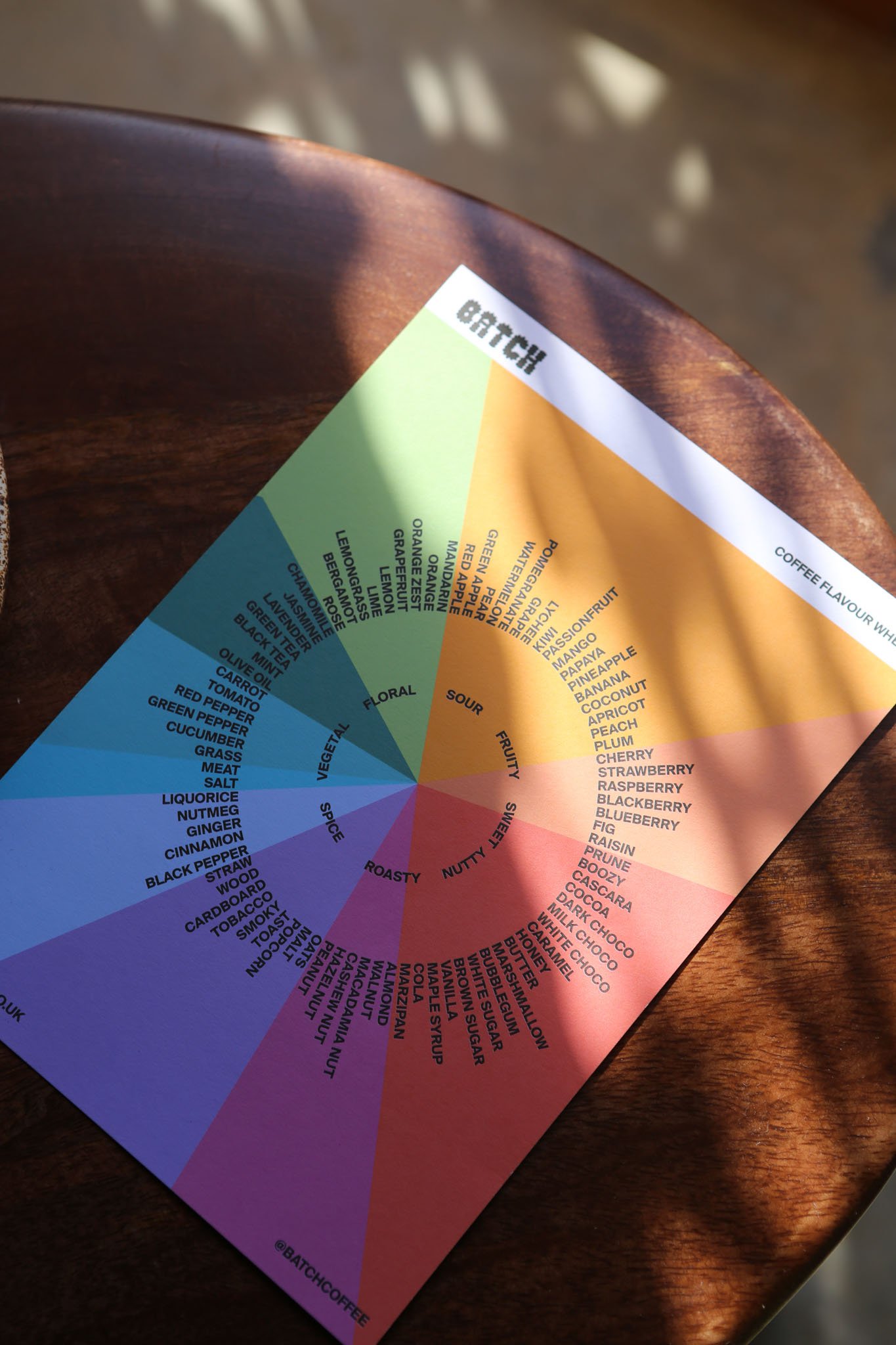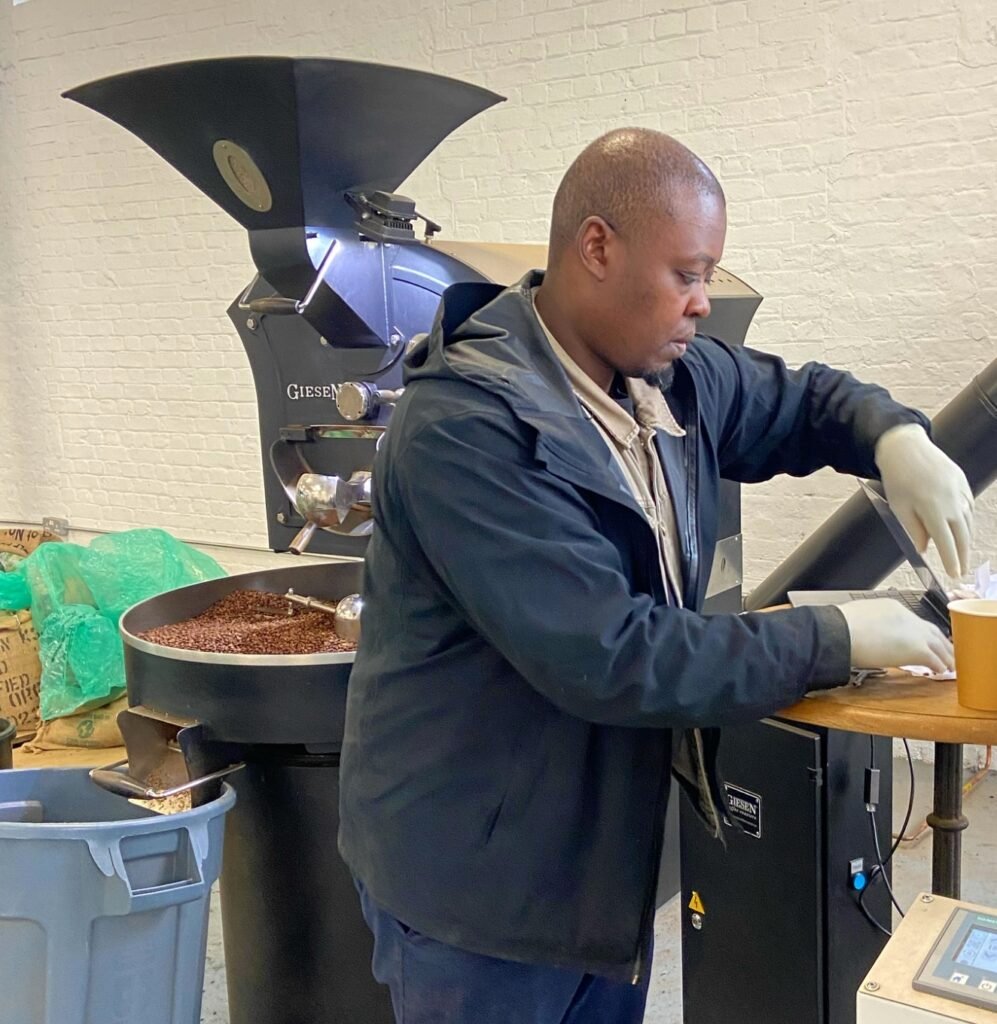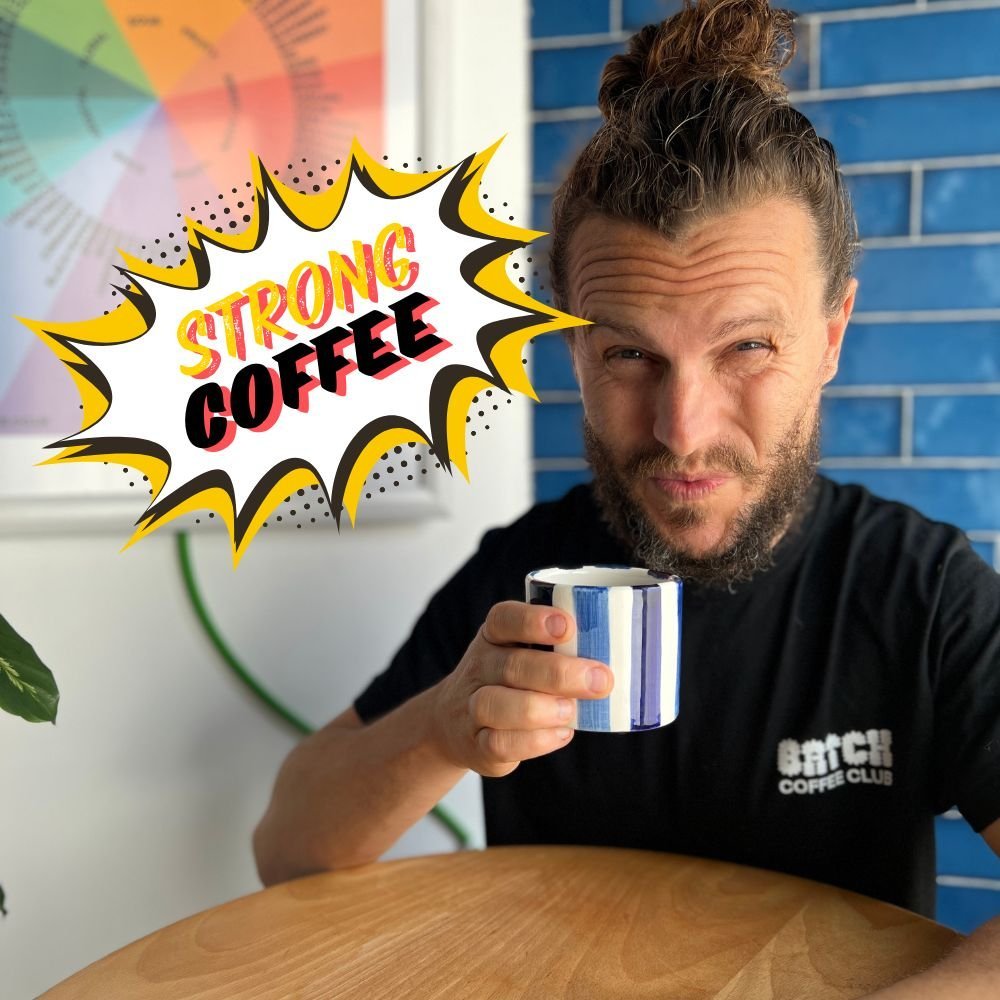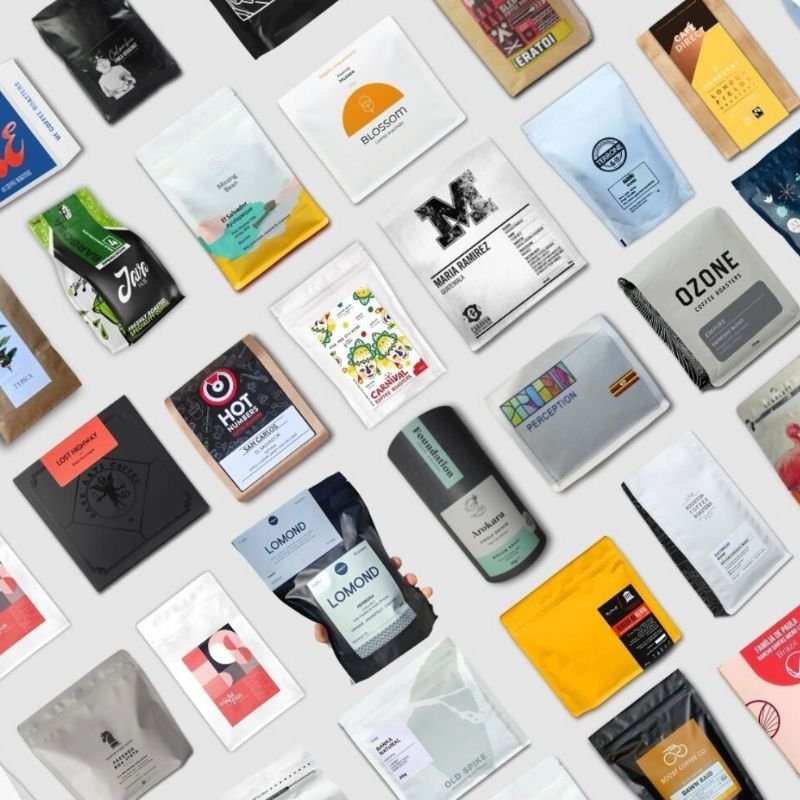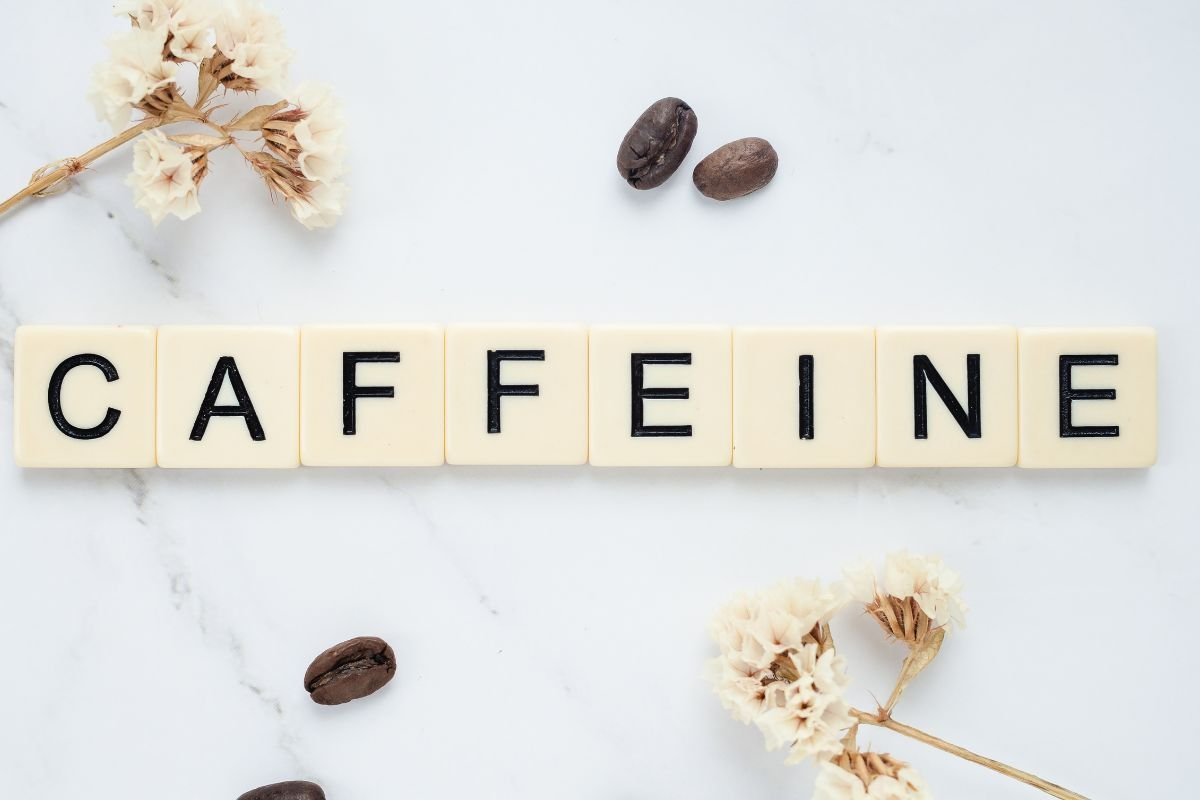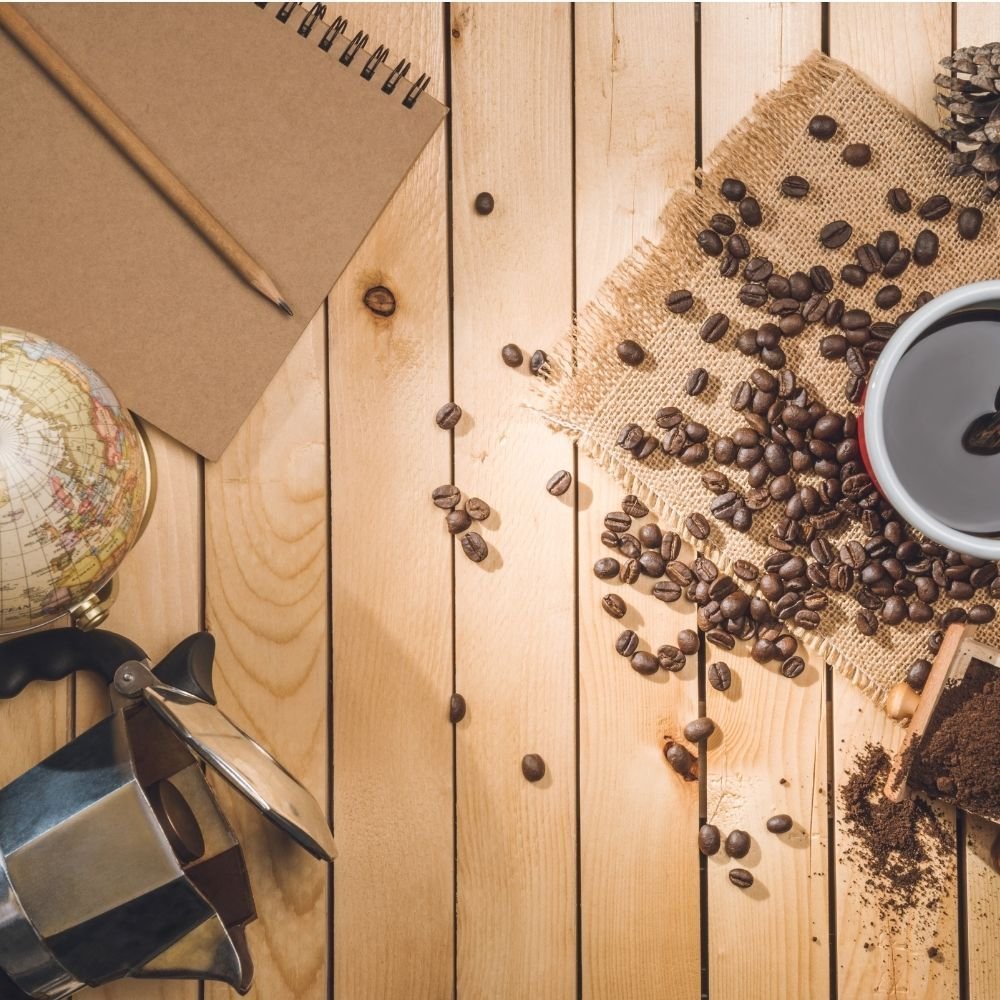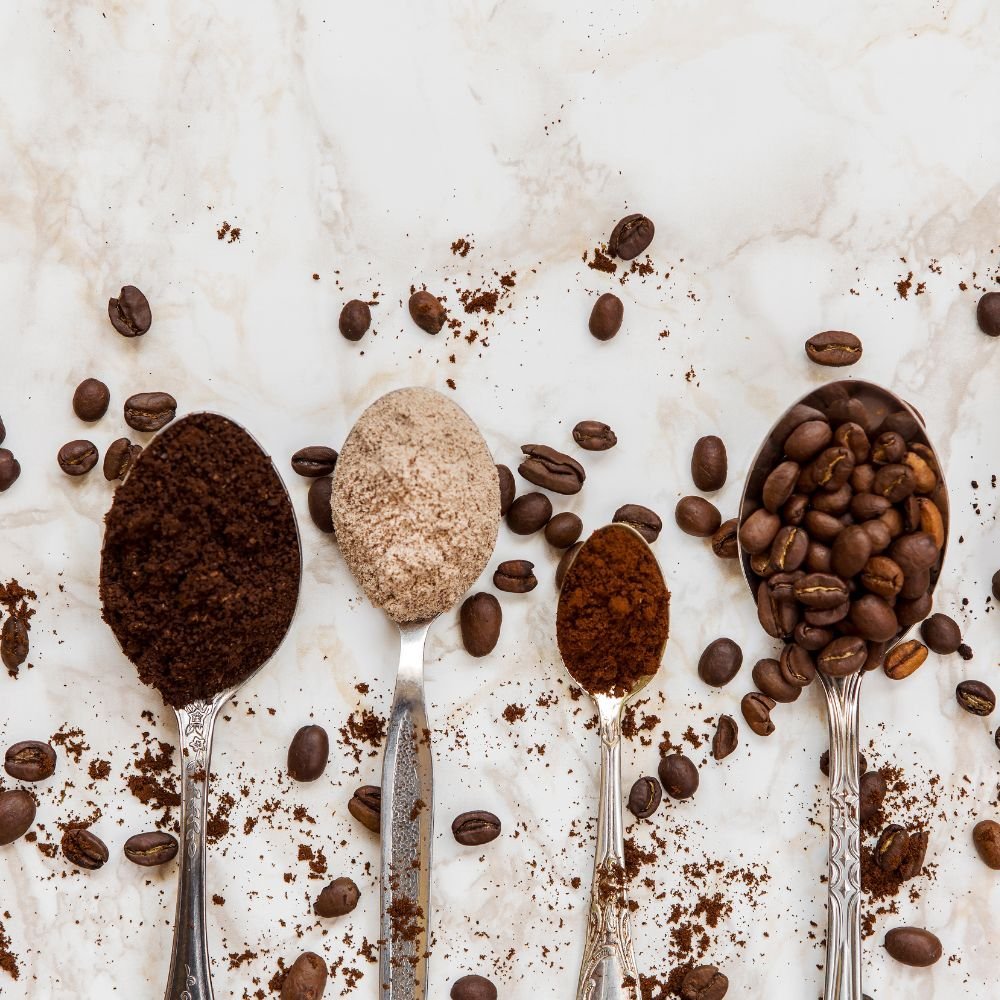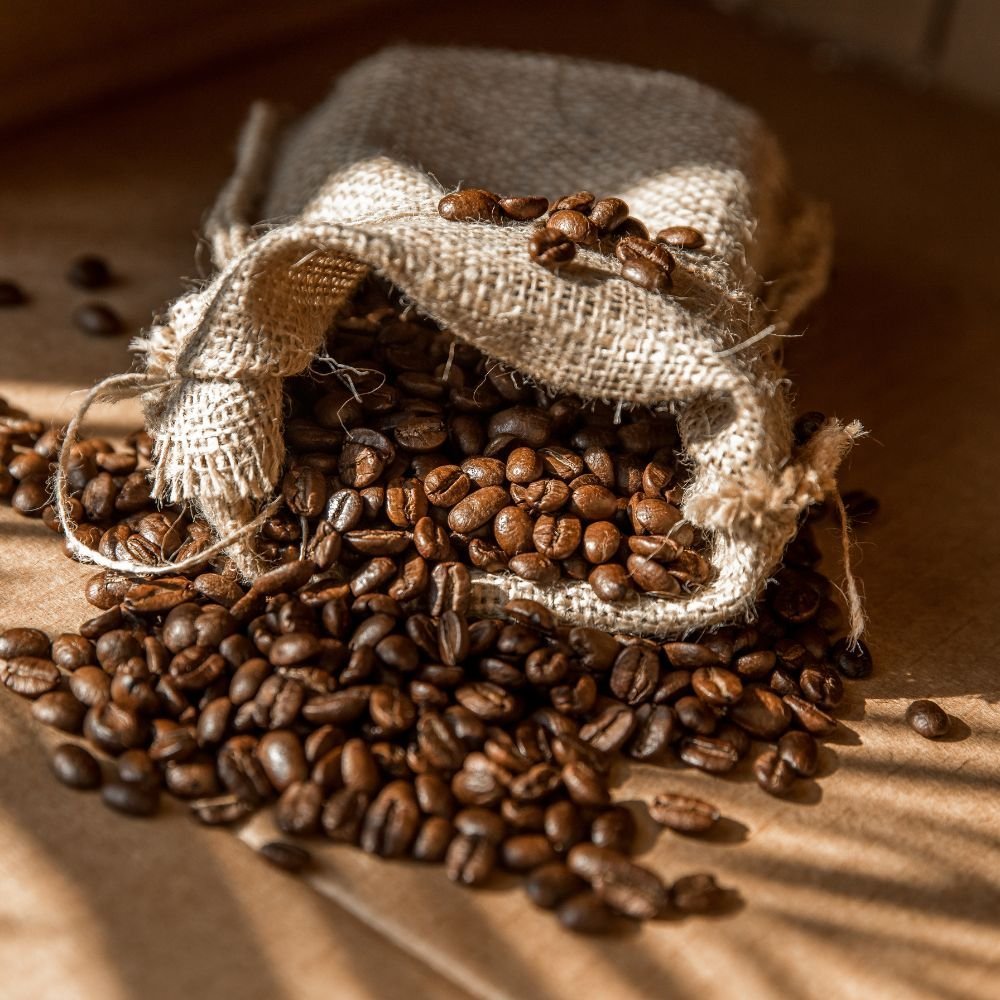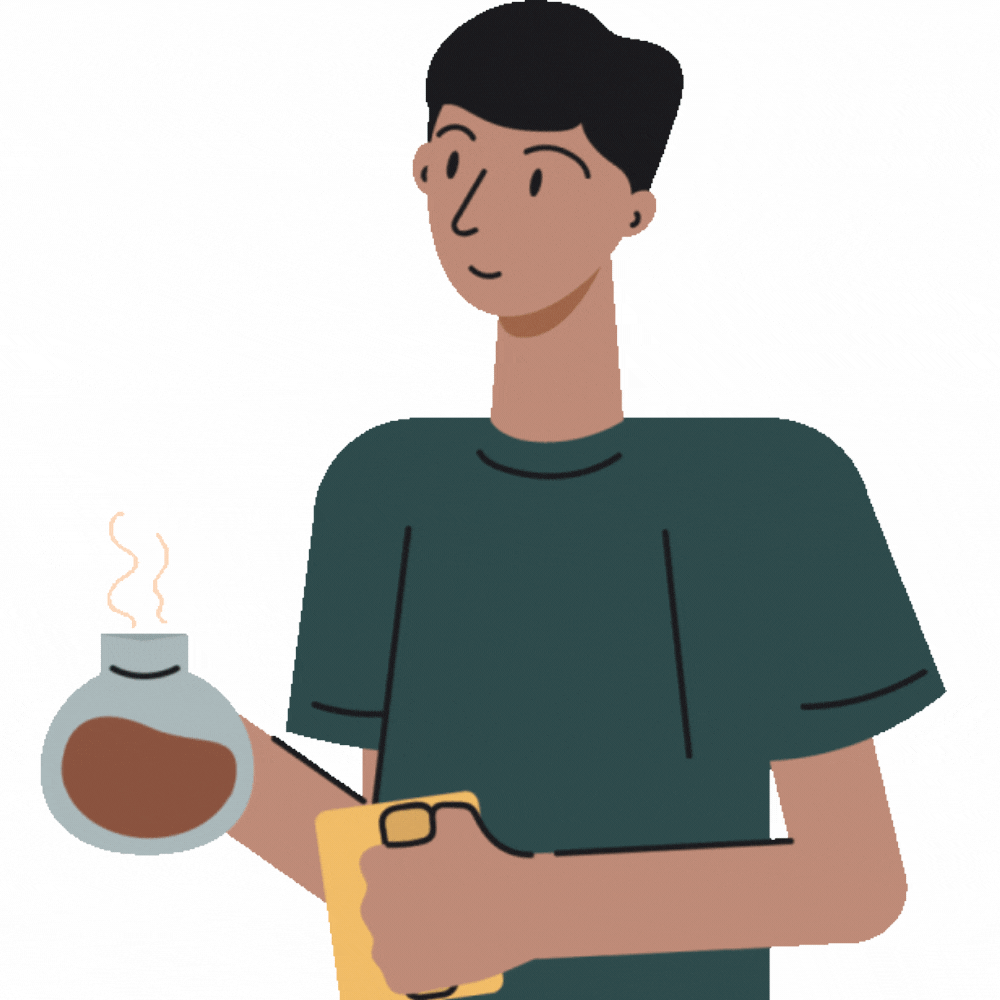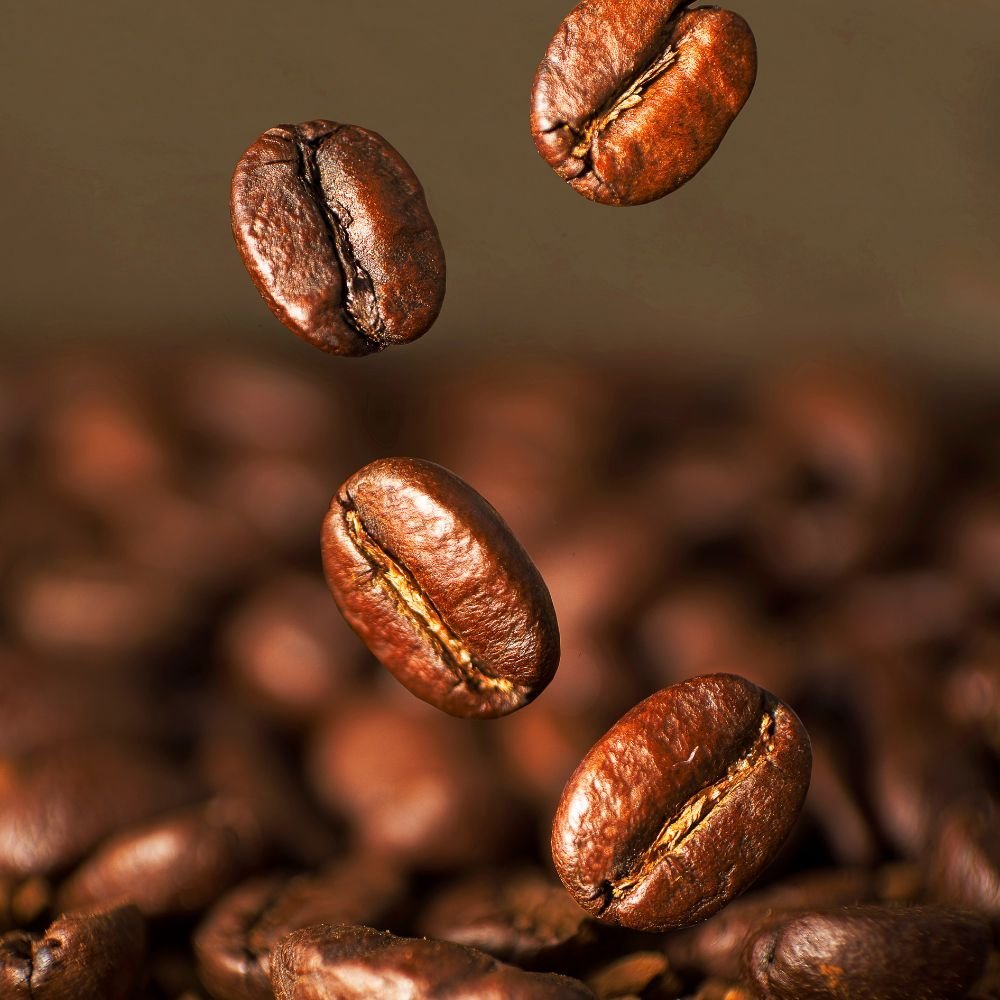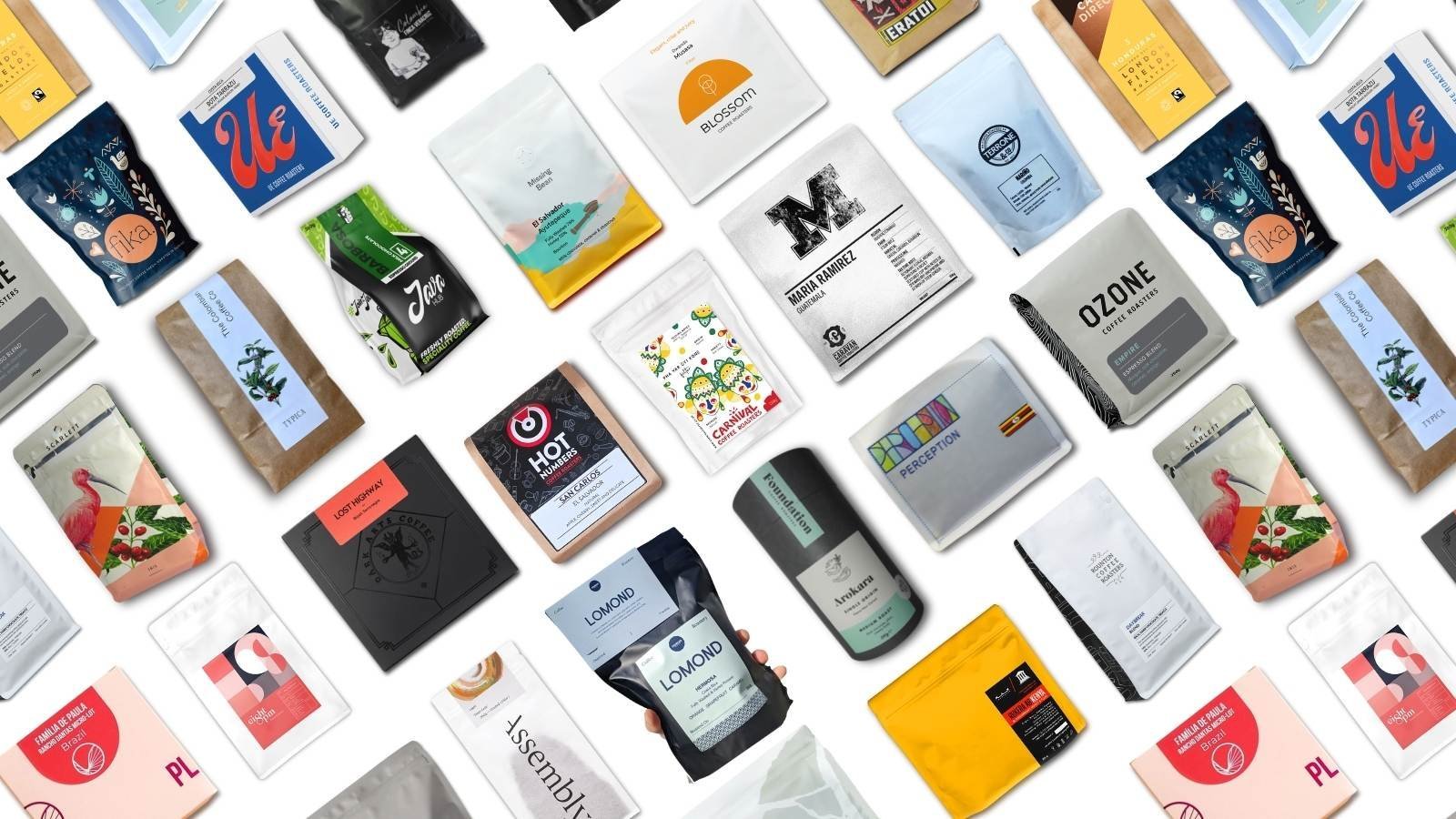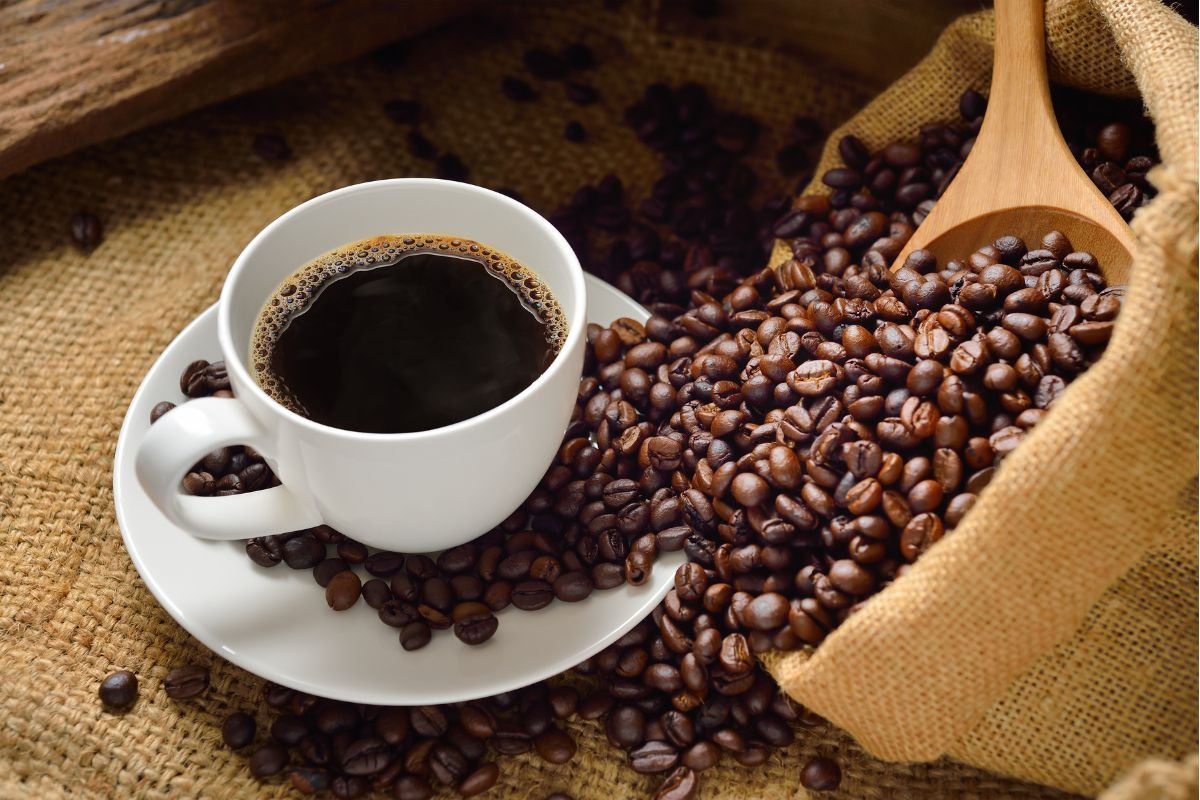Does a finer grind make stronger coffee?
A finer grind does not necessarily make stronger coffee, but it can result in a more concentrated and flavourful brew.
The strength of coffee is primarily determined by the ratio of coffee to water, with a higher ratio resulting in a stronger brew.
However, a finer grind can increase the surface area of the coffee grounds, allowing for more efficient extraction of coffee solids and oils during brewing.
Best Coffee Subscriptions UK
This can result in a more concentrated brew, which may give the impression of a stronger coffee.
Strength of coffee can also be influenced by factors such as the roast profile, the brew method, and the brew time.
So while a finer grind can contribute to a more concentrated brew, it’s not the only factor that determines the strength of coffee.
Contrary to popular belief, the roast level of coffee beans does not necessarily determine the strength or caffeine content of the coffee.
Dark roast coffee beans are roasted longer and at a higher temperature than lighter roasts, which can give them a more intense and bitter flavor profile.
However, the caffeine content in coffee beans is largely determined by the type of bean, where it was grown, and the brewing method used.
For example, arabica beans typically have less caffeine than robusta beans, and the amount of caffeine extracted from the beans will also vary depending on factors such as grind size, water temperature, and brewing time.
So while dark roast coffee may have a stronger and more intense flavour, it does not necessarily mean it contains more caffeine than a lighter roast coffee made from the same type of bean.
The strength of coffee is subjective and can refer to both the flavour and the caffeine content, so it is important to consider both factors when choosing a coffee.
Coffee can become stronger in flavour the longer it steeps, but this depends on the brewing method used.
For example, in methods such as French press or cold brew, coffee is steeped for a longer period of time to extract more flavour from the beans.
In these methods, the coffee can become stronger in flavour the longer it steeps.
However, in methods such as drip coffee or pour-over, the coffee is typically not steeped for a prolonged period of time.
Instead, hot water is passed through the grounds quickly, and the flavour of the coffee is extracted in a shorter amount of time. In these methods, the strength of the coffee is determined by the amount of coffee used and the brewing time, rather than the steeping time.
It is worth noting that while longer steeping times can result in a stronger flavour, there is a limit to how much flavour can be extracted from the beans.
Over-extraction can lead to bitter and unpleasant flavours, so it is important to experiment with brewing times and techniques to find the optimal balance for your personal taste preferences.

